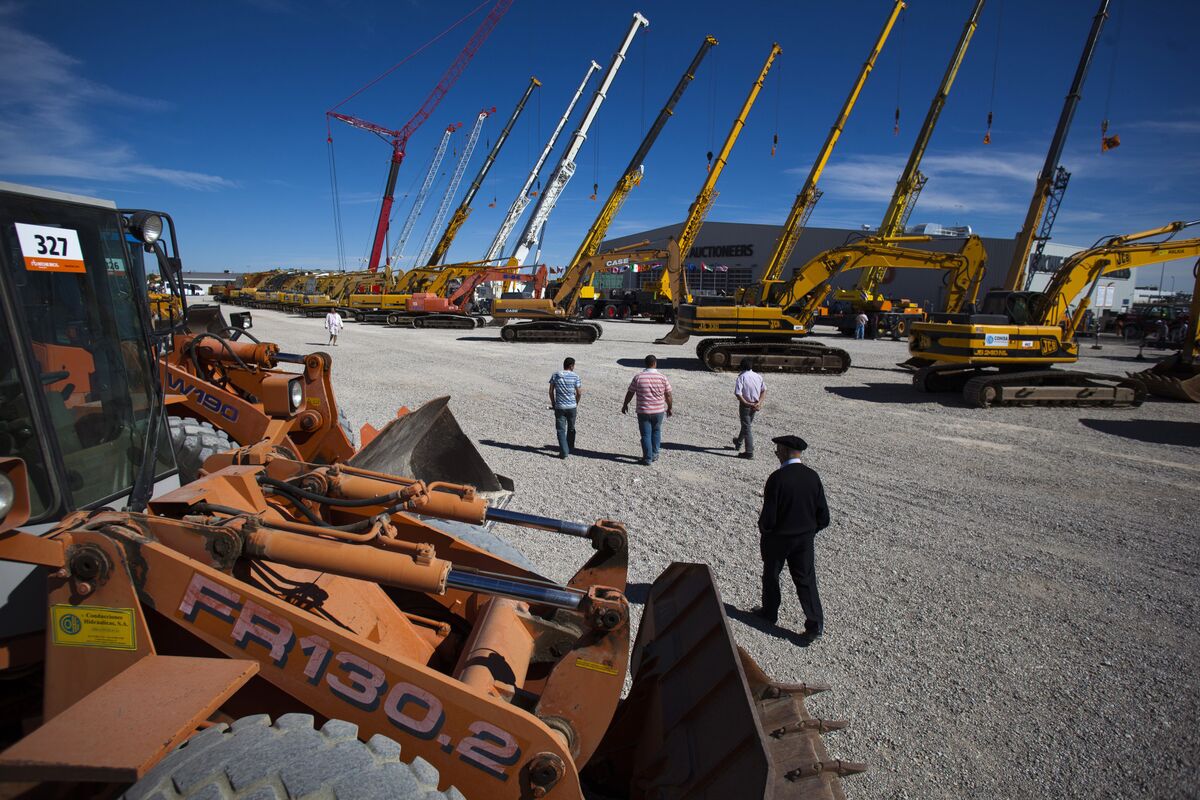Regulations for Emissions from Heavy Equipment
In recent years, there has been a growing concern regarding the impact of emissions from heavy equipment on the environment. Heavy equipment such as excavators, bulldozers, and cranes, are essential in construction and other industries, but their emissions can have a significant negative impact on air quality. As a result, there have been efforts to regulate emissions from heavy equipment.
The regulations for emissions from heavy equipment vary depending on the location and industry. In the United States, for example, the Environmental Protection Agency (EPA) has established emission standards for heavy equipment, known as Tier 4 standards. These standards require heavy equipment to use advanced emission control technologies to reduce particulate matter and nitrogen oxides emissions.
In Europe, the European Union has established similar standards for heavy equipment under the Non-Road Mobile Machinery (NRMM) Regulation. The NRMM Regulation sets limits on emissions of particulate matter, nitrogen oxides, and other pollutants, and requires manufacturers to apply for a type-approval certificate before their equipment can be sold in the EU market.
The regulations for emissions from heavy equipment have not only had a positive impact on the environment but have also driven innovation in the industry. Manufacturers have been forced to develop more efficient and cleaner equipment to meet these regulations. This has resulted in the introduction of new technologies, such as hybrid and electric-powered equipment, which are less harmful to the environment.
In conclusion, the regulations for emissions from heavy equipment have been essential in reducing the negative impact of these machines on the environment. These regulations have driven innovation and helped to establish a more sustainable and cleaner industry. The Machinery Network has played a crucial role in disseminating information about these regulations to ensure that heavy equipment manufacturers and operators are aware of the standards and the need to comply with them
